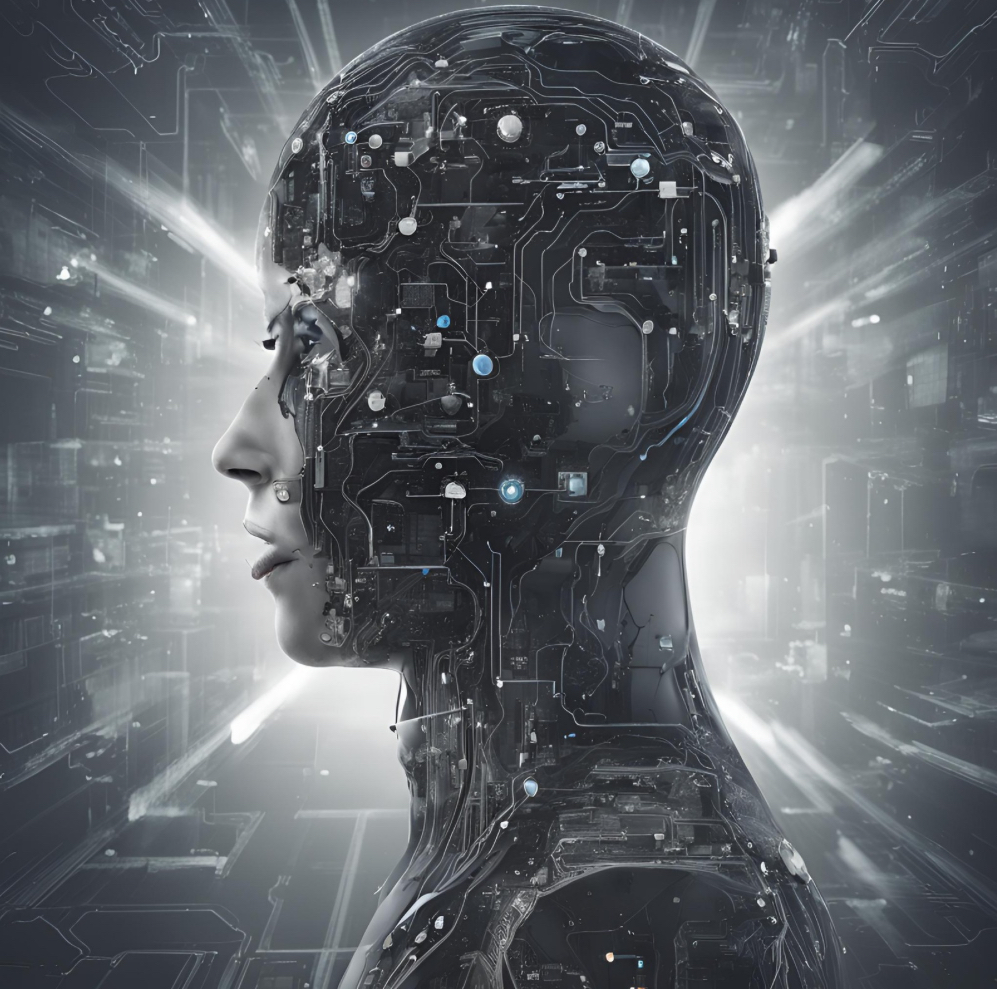|
Imagine you have a robot friend. You want this friend to be nice to everyone, treat people fairly, and not do anything that could hurt them. That's what AI ethics is about – making sure that AI systems behave in a way that's fair, understandable, and doesn't harm anyone. Artificial Intelligence (AI) has revolutionized the way we live, work, and interact, but it also brings a variety of ethical considerations that must be carefully navigated. AI ethics includes the principles, guidelines, and moral values that govern the development, deployment, and use of AI systems. As AI becomes increasingly integrated into various aspects of society, understanding and addressing these ethical concerns are essential to ensure that AI benefits humanity while minimizing potential harm. 
Made by AI 1. Fairness One of the most critical ethical challenges in AI is prejudice. AI systems can adopt prejudices from the data they are trained on, leading to discriminatory outcomes. For example, algorithms in hiring processes may lead to gender or racial disparities. Addressing prejudices requires diverse and representative datasets, as well as transparent and accountable algorithmic decision-making processes. 2. Transparency and Accountability Transparency and accountability are essential points of AI ethics. Users and stakeholders should understand how AI systems make decisions and be able to hold developers and organizations accountable for their actions. Transparent AI systems make it possible to comprehend the rationale behind decisions and challenge outcomes if needed. Additionally, accountability mechanisms ensure that developers are responsible for the performance and impact of their AI systems. 3. Safety and Security AI systems must be designed with safety and security in mind to prevent unintended consequences. Autonomous vehicles, healthcare diagnostics, and financial systems are examples where AI safety is evident. Robust testing, validation, and fail-safe mechanisms are essential to ensure the reliability and resilience of AI systems in real-world scenarios. 4. Human Autonomy and Control Maintaining human autonomy and control over AI systems is important to prevent the loss of human agency. While AI can increase human capabilities, it should not replace human decision-making or neglect individual autonomy. Human oversight and intervention should be integrated into AI systems, especially in high-stakes branches like healthcare and criminal justice.
|












